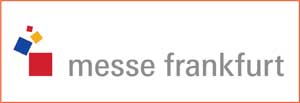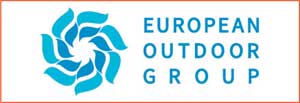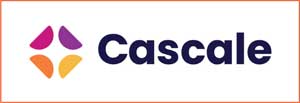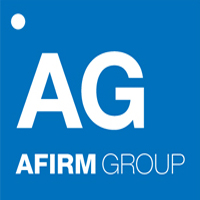 AFIRM
AFIRM
The AFIRM (the Apparel & Footwear International RSL Management Working Group) provides resources for sustainable, self-governing RSL implementation across the...
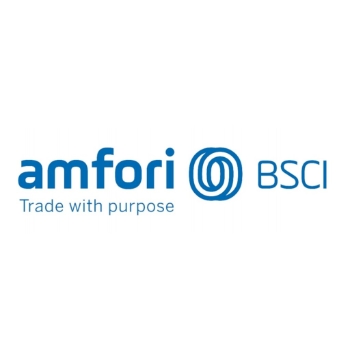 Amfori BSCI
Amfori BSCI
The amfori Business Social Compliance Initiative (BSCI) was originally set up as an initiative of the Foreign Trade Association (now Amfori) to achieve convergence in...
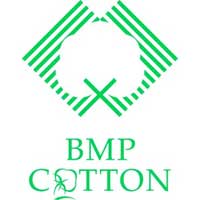 Australian BMP Cotton
Australian BMP Cotton
BMP is the Australian cotton industry’s best practise guidelines for growing cotton in harmony with the environment using an audited process with fully traceable supply chains.
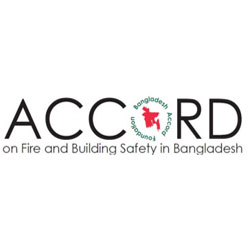 Bangladesh Accord on Fire and Building Safety
Bangladesh Accord on Fire and Building Safety
The Bangladesh Accord on Fire and Building Safety was an agreement designed to make all garment factories in Bangladesh safe workplaces. The Accord agreement included...
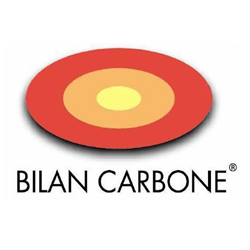 Bilan Carbone
Bilan Carbone
Bilan Carbone is a methodology developed by the French Agency for Environment and Energy Control (ADEME). It is a useful tool for organisations (company, community or...
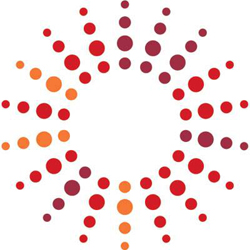 Business for Social Responsibility (BSR) – Water Quality Guidelines
Business for Social Responsibility (BSR) – Water Quality Guidelines
The Water Quality Guidelines (WQG) are voluntary goals set by the non-profit business association, Business for Social Responsibility (BSR). The goal is to improve...
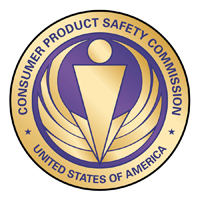 Consumer Product Safety Improvement Act
Consumer Product Safety Improvement Act
The Consumer Product Safety Improvement Act of 2008 (CPSIA) was enacted by the federal government of the United States of America to “establish consumer product safety...
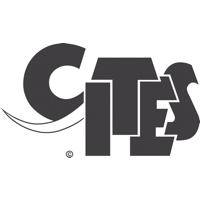 Convention on International Trade in Endangered Species of Wild Fauna and Flora (CITES)
Convention on International Trade in Endangered Species of Wild Fauna and Flora (CITES)
The Convention on International Trade in Endangered Species of Wild Fauna and Flora (CITES) is a voluntary, international agreement between participating governments. It...
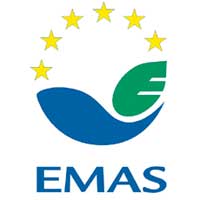 EMAS
EMAS
The EU Eco-Management and Audit Scheme (EMAS) regulation is a management tool for companies and other organisations to evaluate, report and improve their environmental...
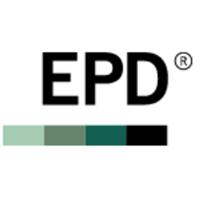 Environmental Product Declaration (EPD)
Environmental Product Declaration (EPD)
An Environmental Product Declaration (EPD) is a verified and registered document that communicates transparent and comparable information about the life-cycle...
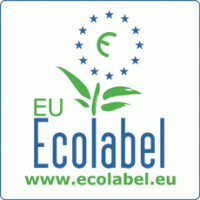 EU Ecolabel:Textiles
EU Ecolabel:Textiles
The European Ecolabel system allows the products of manufacturers, retailers or service providers to carry the distinctive ‘Flower’ label for marketing purposes...
 EU General Product Safety Directive
EU General Product Safety Directive
The EU General Product Safety Directive is a directive provided by the European Commission on the requirements and surveillance of non-food consumer products on the market.
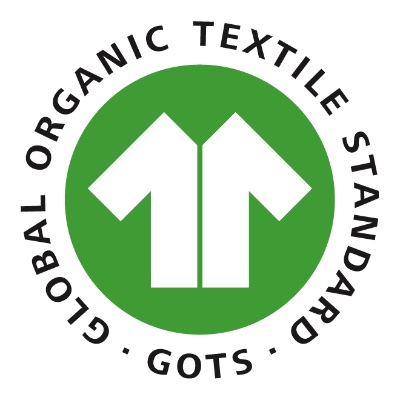 Global Organic Textile Standard (GOTS)
Global Organic Textile Standard (GOTS)
The Global Organic Textile Standard (GOTS) is an international standard for processing certified organic fibres. It encompasses stringent ecological, social, and human...
 International Labour Organisation
International Labour Organisation
The International Labour Organisation (ILO) campaigns to improve rights at work, encourage decent employment opportunities, enhance social protection and strengthen...
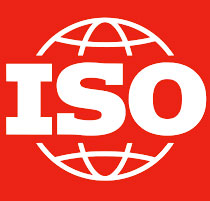 ISO: IWA 32:2019
ISO: IWA 32:2019
Published in April 2019, this ISO standard relates to the screening of genetically modified organisms (GMOs) in cotton and textiles.
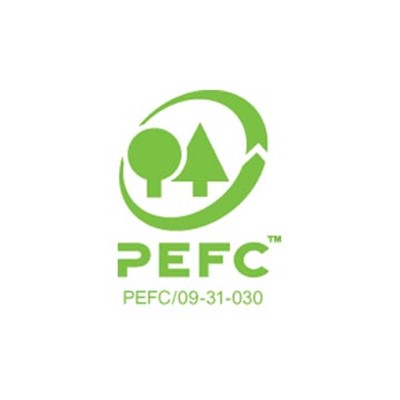 PEFC
PEFC
The Programme for the Endorsement of Forest Certification (PEFC) provides assurances that forests are managed in line with international environmental requirements,...
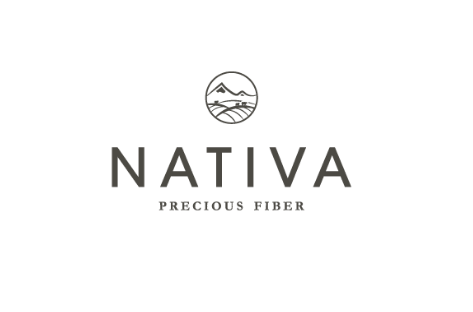 The Nativa Label
The Nativa Label
A label of the Chargeurs Group, Nativa sets a standard for stakeholders within the merino sheep industry and supply chain to meet if they’re to demonstrate a...
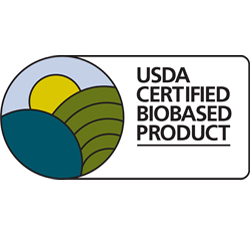 USDA BioPreferred
USDA BioPreferred
The United States Department of Agriculture administers the BioPreferred Program, which was created by the Farm Security and Rural Investment Act of 2002 (FSRIA or...
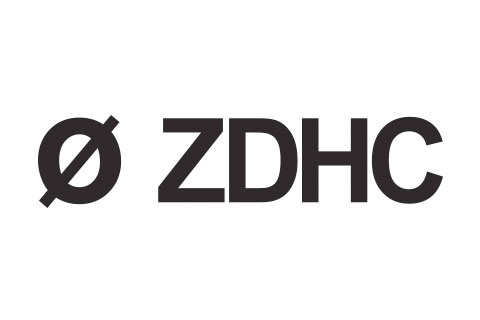 ZDHC - Chemical Gateway
ZDHC - Chemical Gateway
The ZDHC Gateway is a powerful tool and database designed to help eliminate harmful substances from global fashion and footwear supply chains.
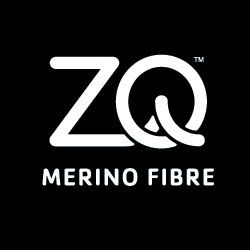 ZQ Merino
ZQ Merino
ZQ is a merino wool certification that looks at animal welfare and environmental standards. It has been developed and owned by The New Zealand Merino Company Ltd. ZQ is...


